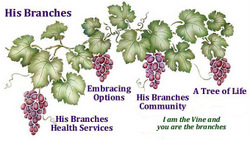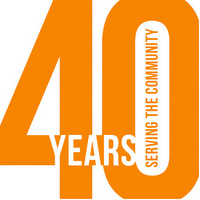The alternative to dependency
Empowering community members is an important element to Christian Community Development. How does a pastor ensure that people are able to help themselves after they have been helped? Oftentimes, Christian ministry, particularly in poor communities, creates dependency. This is no different than the federal government welfare program. The Bible teaches empowerment, not dependency.
In the Old Testament, empowerment is an important aspect to God’s care for the poor. In Deuteronomy 24 and Leviticus 19, God instituted the gleaning system. The farmers harvested their crops but were only allowed to go through the field one time. What was left behind or dropped on the ground was available for any widow, alien, orphan or poor person to come and harvest. This program was one that empowered people.
Three principles come out of God’s welfare system in the Old Testament. First, there must be opportunity for people to get their needs met. In Deuteronomy and Leviticus, this happened to be a field with food in it. Secondly, the person who had a need must be willing to work for it. The widow, orphan or poor person must go into the field and harvest the crops. This, then, involved work on the part of the poor. This is also found in 2 Thessalonians 3:10 which says, “If you don’t work, you don’t eat.”
Thirdly, when these first two principles are working, a person’s dignity is affirmed. All people have inherited dignity by being created in the image of God. Oftentimes, charity demeans a person and strips him or her of dignity. The last principle of empowerment affirms a person’s God-given dignity.




